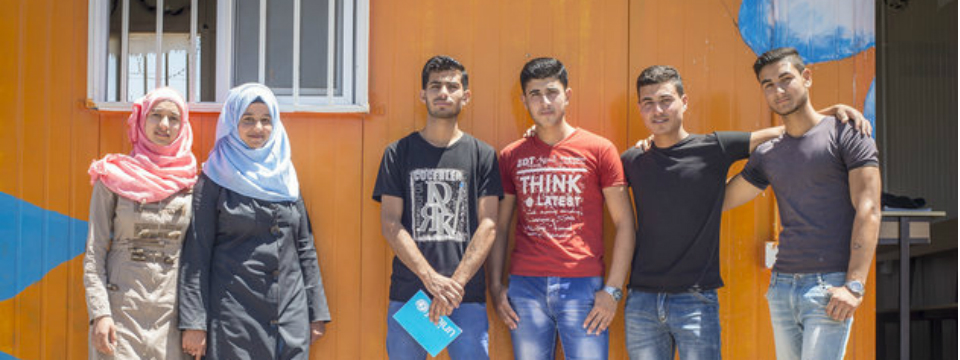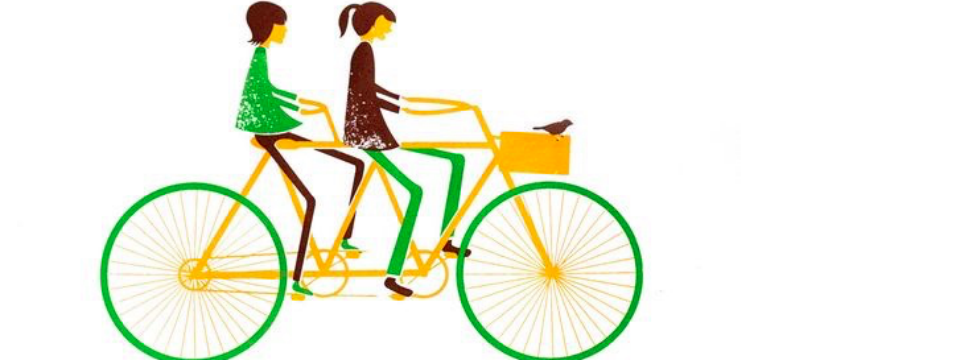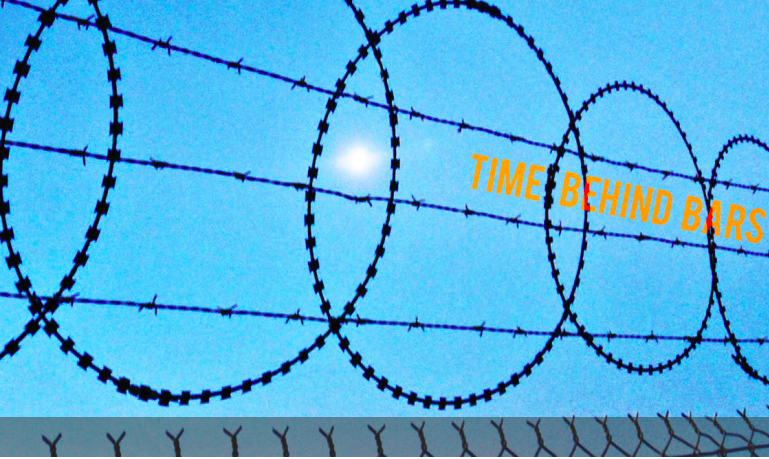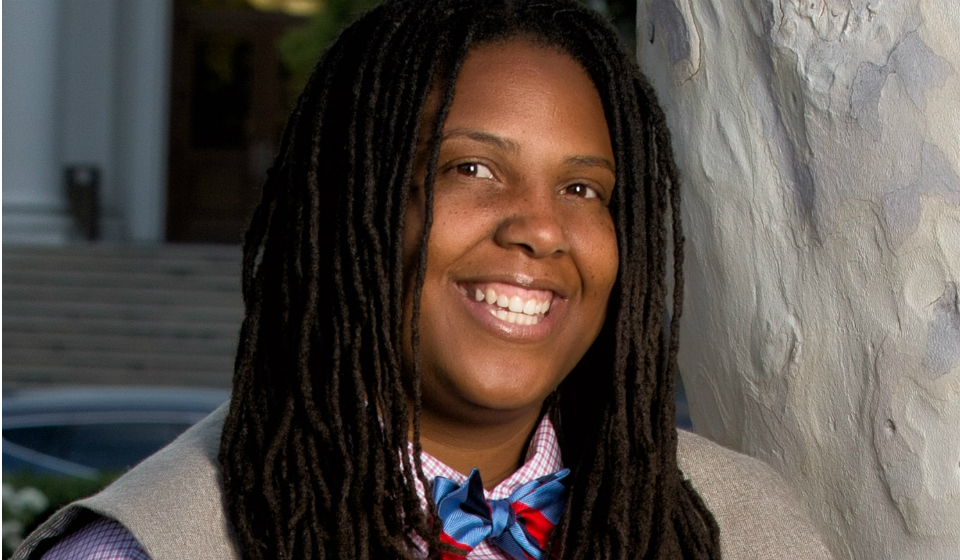UNICEF integrates mentoring and innovation in refugee camps to provide opportunity
 Written by Andrina Beuggert, Innovation Consultant at UNICEF Jordan
Written by Andrina Beuggert, Innovation Consultant at UNICEF Jordan
Young Syrians in Jordan’s Azraq and Zaatari camps face an uncertain future. Once they finish school, limited training and work opportunities are available to them and only a few get to leave the camp to go to university. They face pressure to provide for their families, and many suffer from the traumatic experience in the past. With the conflict marking its seventh year this week, the return to Syria remains a hope rather than a viable option for most people.
Within this often bleak and uncertain situation, it is crucial for young people to get the skills they need to build their own future, confidently and creatively.
At the UNICEF Social Innovation Labs, we help them do exactly this. There are 8 labs in the camps, where young people aged 14 to 18 learn how they can build something out of nothing to tackle the challenges that most affect their communities. The ideas they come up with are ingenious.
The very first day I visited Azraq Camp was a hot day in May last year. Women and men were walking in the desert sand, carrying goods or accompanying children between their shelters. The community had gathered in the shaded yard of one of the youth centers – it was presentation day at the Social Innovation Labs.
The young innovators showcased impressive prototypes, mostly made of spare parts: A pedal powered laundry machine, water-recycling and sewage systems for the homes, ACs and heaters, a bug door to prevent insects to enter the homes, a cupboard system to maintain order and store goods, and a secure pathway that is convenient for children with disabilities.
The presentations helped me to understand the key challenges in the camp: limited electricity, extreme weather conditions, water and sanitation, accessibility for children with disabilities, and children’s safety were addressed the most.
A few months later, at a similar event, I met 14-year-old Nour. Together with her two friends, she had built a food blender out of spare parts. It would help families to make nutritious food for babies and items they could not get or afford otherwise, such as mayonnaise.
“My parents initially didn’t believe I could build something like this,” she told me. “But since our project has been selected as a winner, they really believe in me. Now, I want to be an engineer.”
Countless young people in the camp share Nour’s enthusiasm and potential.
In the first months of my work in Jordan, my main role was to mentor a team of young Syrians to launch a time bank – a local skills exchange – in Azraq Camp. Time banks have been built around the world and we wanted to see if it could be done in a refugee camp, by young people themselves.
The six members of the time bank team– all graduates of the social innovation lab – took it upon themselves to interview and work with people in the camp. For example, they introduced Mustafa, a barber, who needed help in installing a sunshade, to Abu Ahmad, a construction worker who was willing to help him. In exchange, Mustafa cut the hair of Abu Ahmad and his two boys.
“Everyone asks us when the time bank is fully going to launch”, says Esraa, one of the team members. “People here have plenty of time, needs and skills – but they don’t have money.”
Because of this project, the six team members have visibly transformed and grown with every challenge they mastered. In August 2017, they were awarded the UNOCHA Humanitarian Award for Jordan in the innovation category. Today, they are beaming with enthusiasm and self-confidence.
These young people show the massive potential that unfolds when youth are given the responsibility and opportunity to lead, and this is why Unicef Jordan wants to put many more young people in the driving seat to make a change in their community.
In the next two years, Unicef Jordan – with the support of the ONE Foundation – will train 200 young people (aged 18-24 years) in Azraq and Zaatari Camp as professional social innovators. This not only gives young people a chance to make a living and develop important skills, but will increase the quality of products and services for the people in the camp. Because who is better placed to develop and test new solutions for refugees than refugees themselves?
If we don’t encourage ambitious, young people like Nour and Esraa to follow their passion for learning and change, they might never be able to tap into that energy again. Your support helps them to creatively turn challenges into opportunities, and build solutions that make a lasting change in their community. They find hope and joy in a place where uncertainty can be all too present.
To access to original article, click here.













